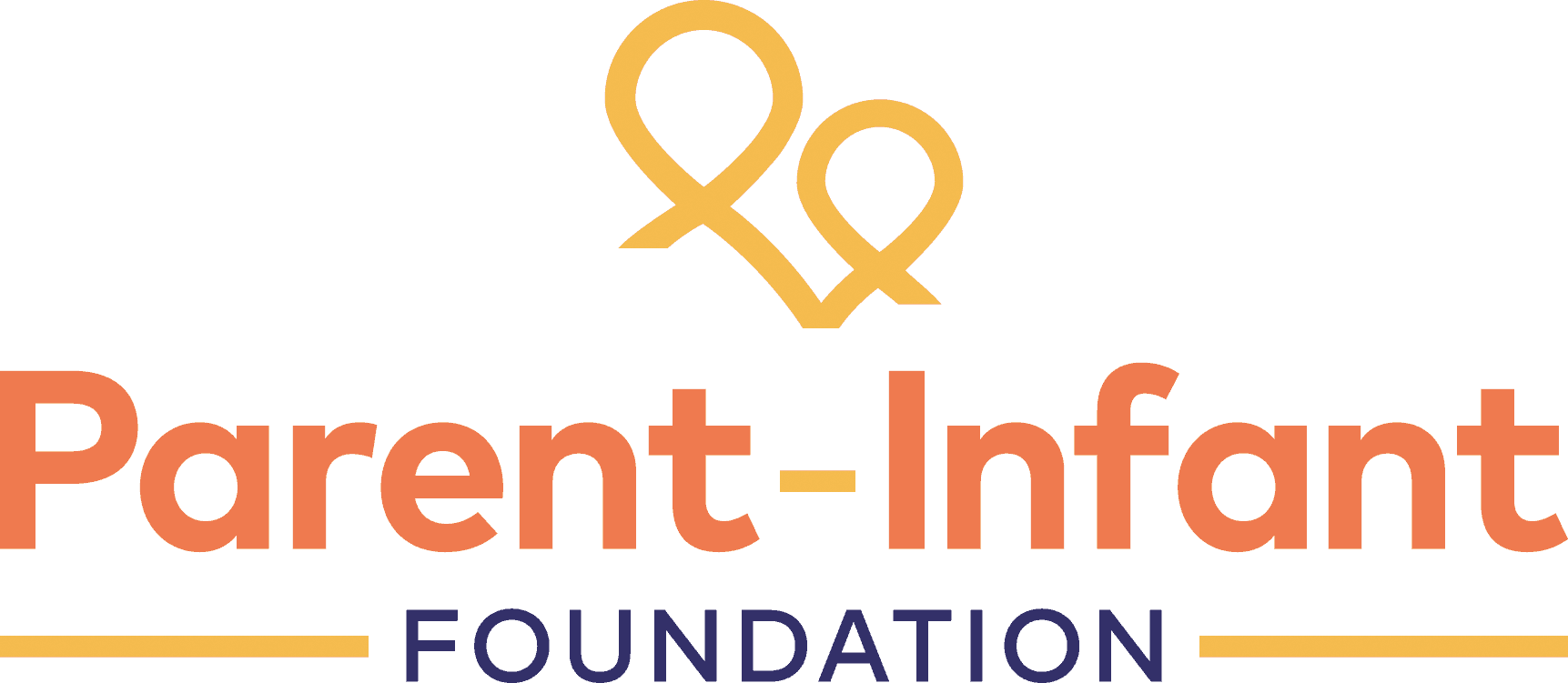The Postpartum Specific Anxiety Scale (PSAS), development and uses
Perinatal symptoms of anxiety are increasingly recognised due to their high prevalence and impact. Many commonly used measures to assess perinatal anxiety were developed in general populations and may contain questions that are inappropriate for new mothers (e.g. I feel tired) or do not contain items that are relevant to the period of childbearing (e.g. anxieties around bonding, feeding, sleeping). Studies using pregnancy-specific anxiety measures have found that they predict perinatal outcomes more effectively than general measures. However, no such measure has previously existed to assess anxieties specific to the postnatal period. Dr Vicky Fallon and Sergio A Silverio will introduce the Postpartum Specific Anxiety Scale, describe the background and development of the measure, discuss how it predicts outcomes such as infant feeding and maternal bonding, and explain how the tool has been used in clinical practice and during the pandemic. The psychometric evidence suggests that the PSAS is an acceptable, valid, and reliable research tool to assess anxieties, which are specific to the postpartum period.
File format: Video
This resource appears in the following categories
Password to watch video: PSAS
